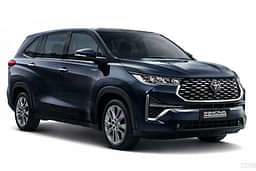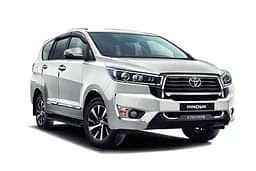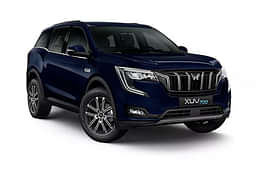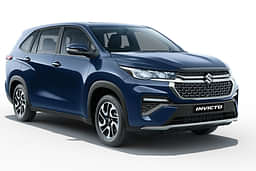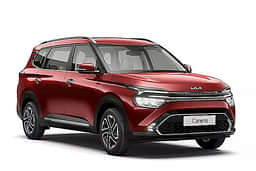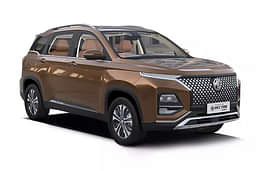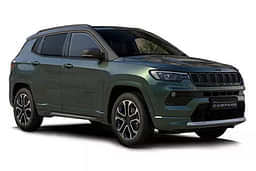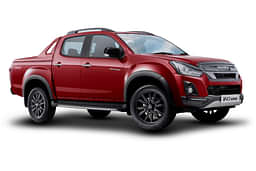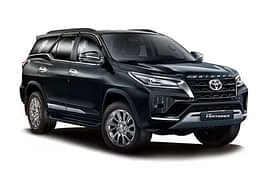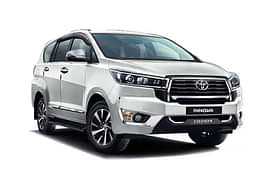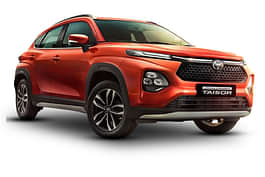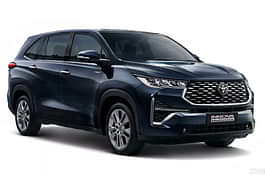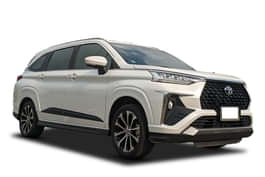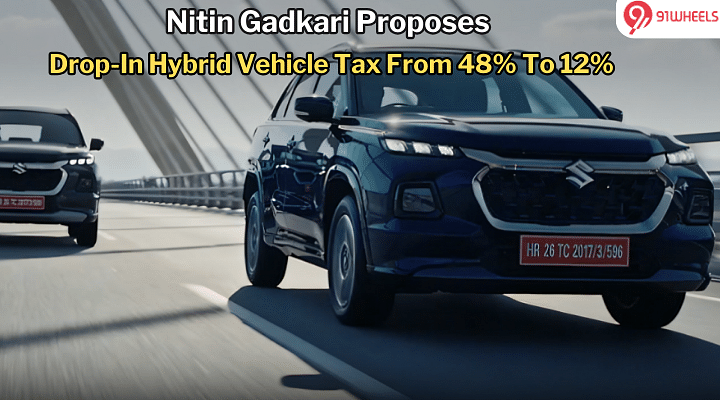
KEY HIGHLIGHTS
- Reduction in hybrid vehicle taxes from 45 per cent to 12 per cent
- 5 per cent tax on EV
- Surpassing Japan in global new car sales
A piece of great relief for hybrid buyers! Nitin Gadkari, the Minister of Road, Transport & Highways, has proposed a significant reduction in hybrid vehicle taxes from 45 percent to 12 percent. If this proposal comes into effect, customers will experience substantial relief. Read on to unravel more about this proposal and its subsequent plans. Also, you can join our 91Wheels WhatsApp Group below for the latest automotive updates.
Also Read: BMW iX xDrive50 Launched In India, Priced At Rs 1,39,50,000
Tax Reduction Plea: Nitin Gadkari Pushes For Hybrid Vehicles
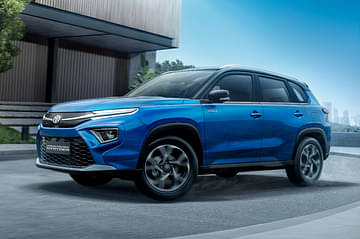
Understanding the beneficial contribution hybrid cars can have: with 60 percent electric operation and minimal pollution emissions, they should be subject to lower taxes, akin to electric vehicles (EVs), which currently incur only a 5 percent tax. The government's focus on enhancing EV infrastructure should also extend to promoting hybrid adoption in the market.

Gadkari has advocated for the Finance Minister to address the issue of hybrid vehicle taxes in the upcoming GST Council meeting. The automotive sector has a significant contribution to the GST revenues with robust export figures. India's global standing in the industry has surged, surpassing Japan in new car sales and securing the third spot worldwide, after the USA and China.
Flex-Fuel Adoption In Government's Pipeline: Future Plans
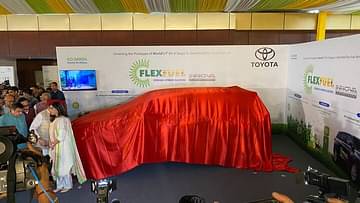
In August 2023, Gadkari also unveiled the world's very first Bharat Stage 6 (BS6) compliant hybrid, ethanol-powered Innova Hycross. The engine was designed to run on 100 percent petrol or ethanol fuel. The electrified flex-fuel Innova HyCross will not only use the alternative fuel but will also be able to generate electric power on its own and run in EV mode.
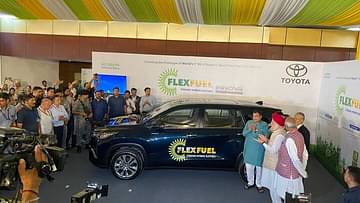
TVS Motor Company's Apache RTR 200 Fi E100 is India's first ethanol-based motorcycle. Bajaj showcased the Pulsar NS160 Flex and Dominar E27.5 at Bharat Mobility Expo 2024, while recently launched Bajaj bikes like NS200, NS160, N160, and N150 also feature E20. TVS is following suit. Additionally, commercial vehicles like auto-rickshaws and buses are being developed to utilize this technology.
Also Read: BYD Atto 3 Facelift Unveiled -Gets Larger Screen, New Colour, More
New Hybrid Bike Models Coming Soon To India
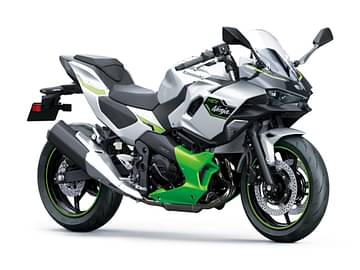
Kawasaki India is anticipated to launch its first hybrid bike soon, following the patenting of the Ninja 7 and Z e-1 sports bikes. The Ninja 7 combines a 451cc parallel-twin engine with a 9kW electric motor, yielding 58 bhp, extendable to 69 bhp in boost mode. Globally launched, it's a hybrid marvel.

In contrast, the Z e-1 is an all-electric model, powered by a 9kW motor and swappable 1.5kWh batteries, offering a 65 km range and a top speed of 104 kmph in boost mode. Expectedly, the Ninja could hit above Rs. 11 lakh, while the Z e-1 may debut around Rs. 7-8 lakh in India.
Verdict
If this proposal were to be considered and passed, it would be a significant relief for vehicle owners. Furthermore, it would bolster the adoption of hybrid vehicles, representing a positive step towards environmental conservation.
Also Read: Mahindra Joins Hands With Adani, Roadmap For The Expansion Of EV Charging
